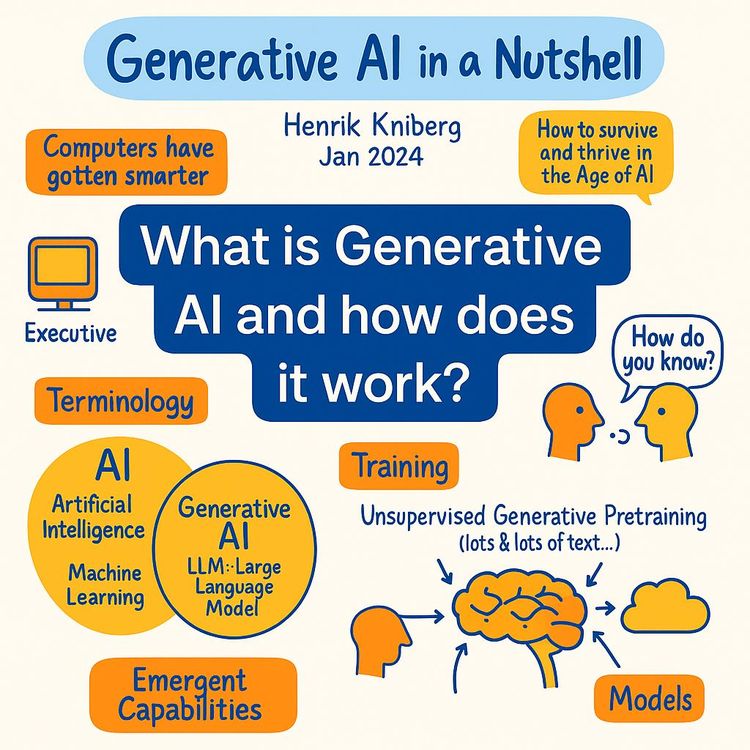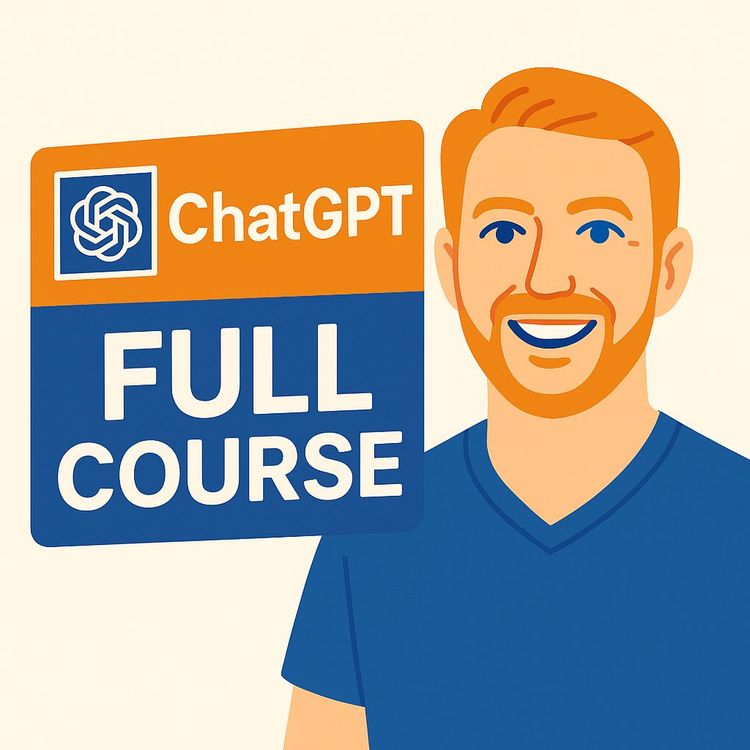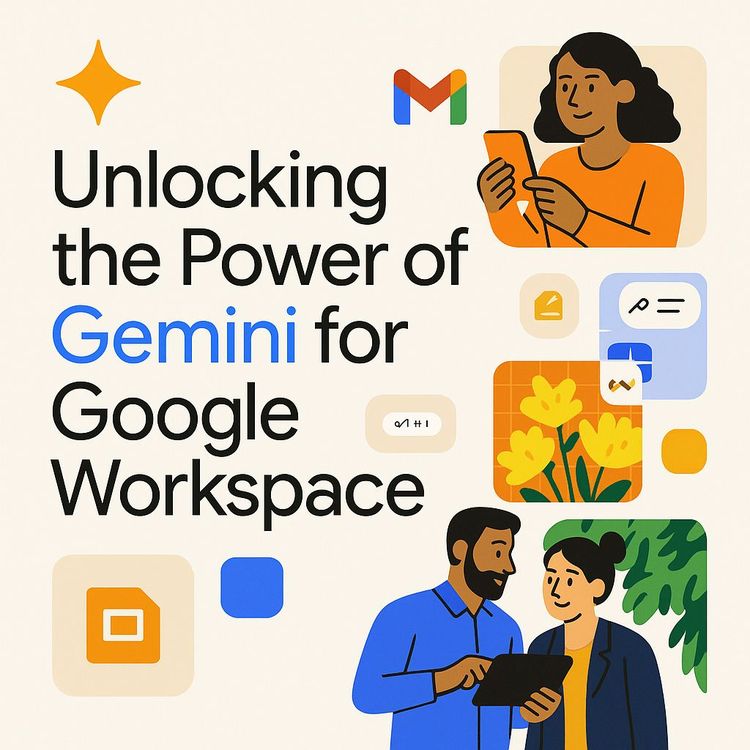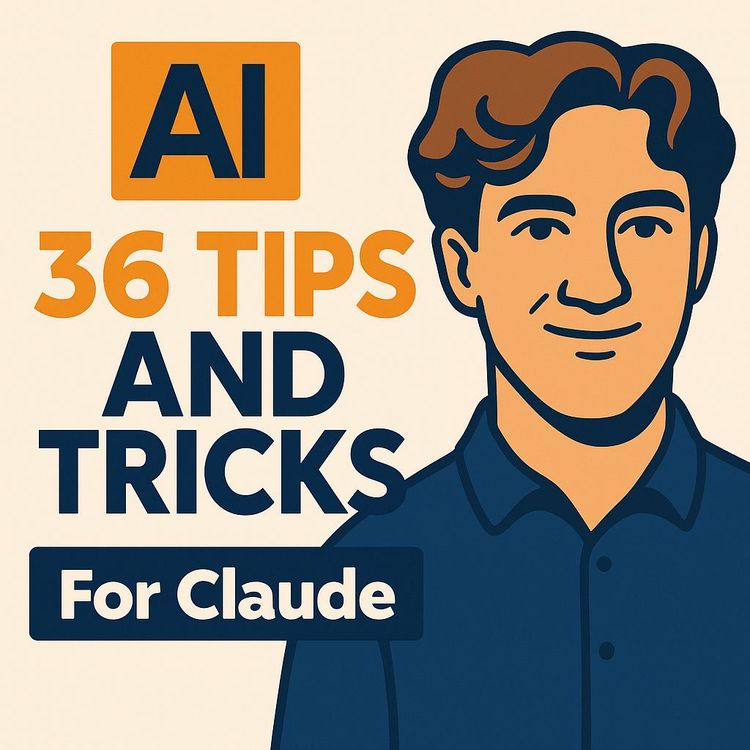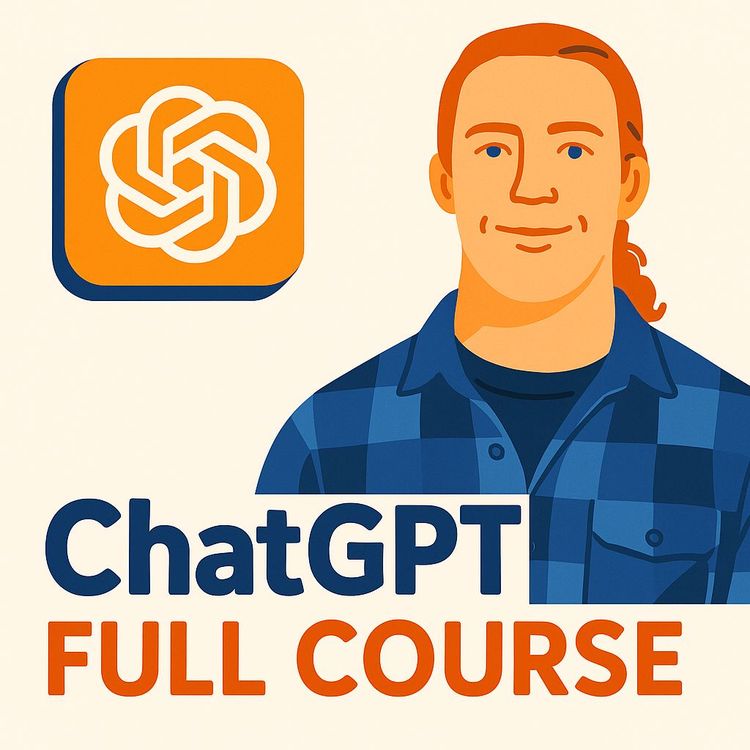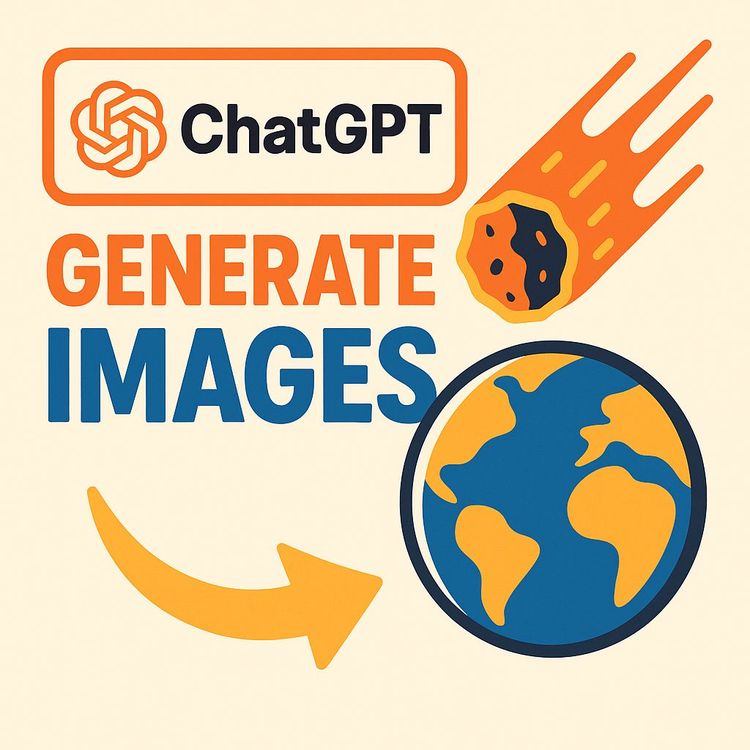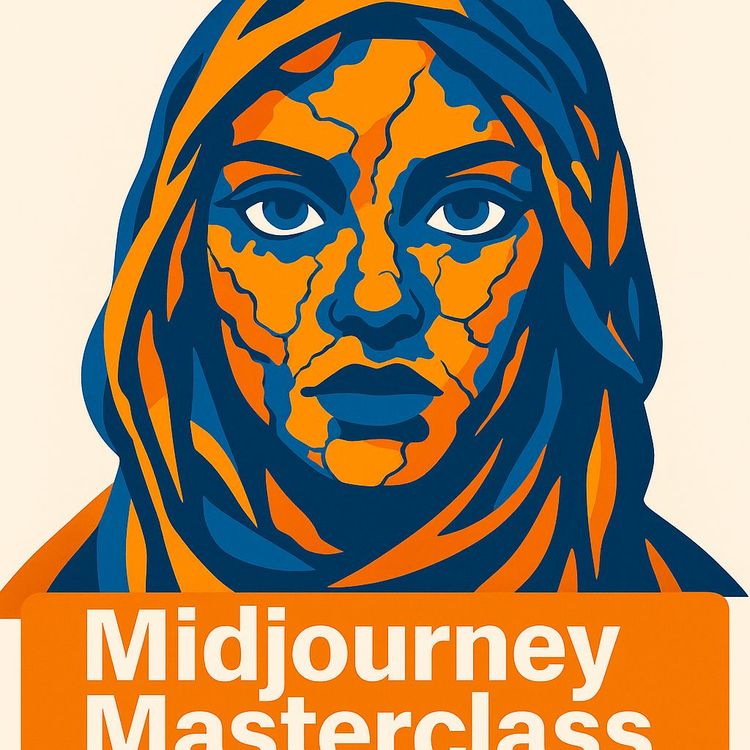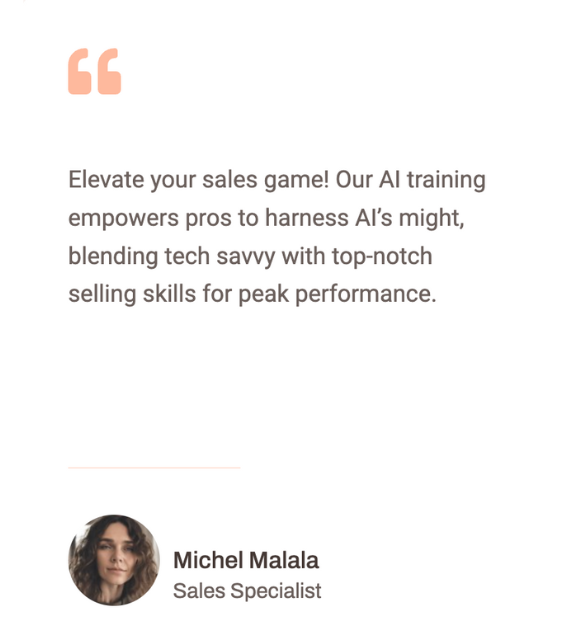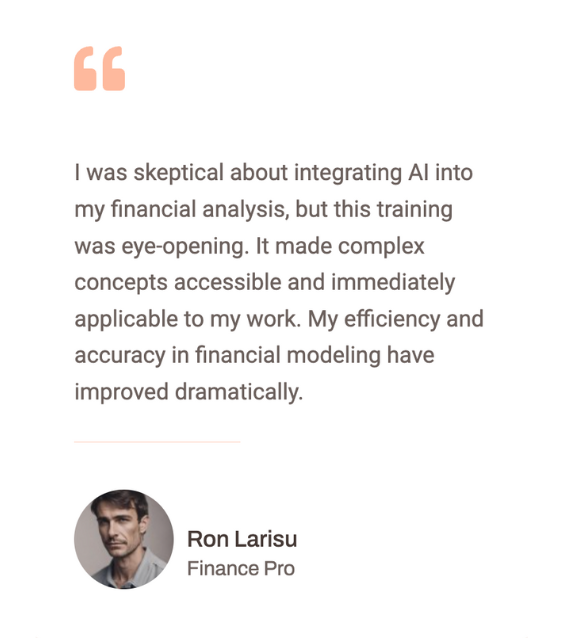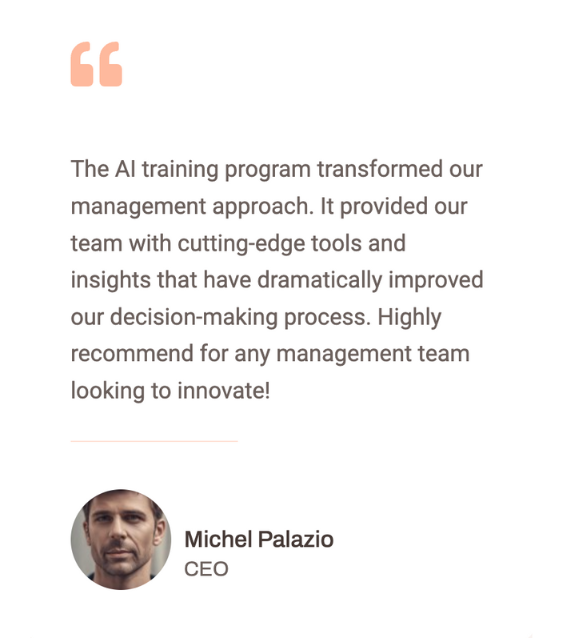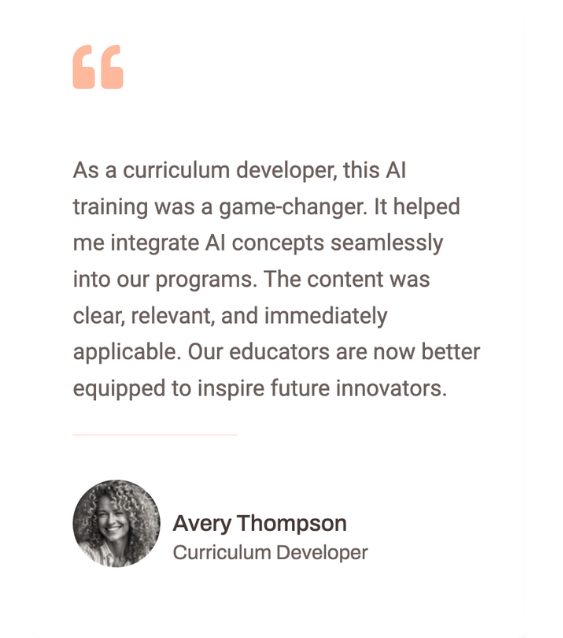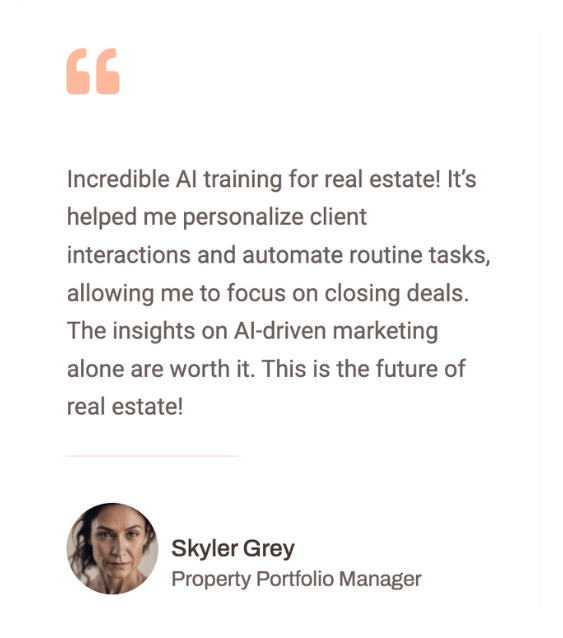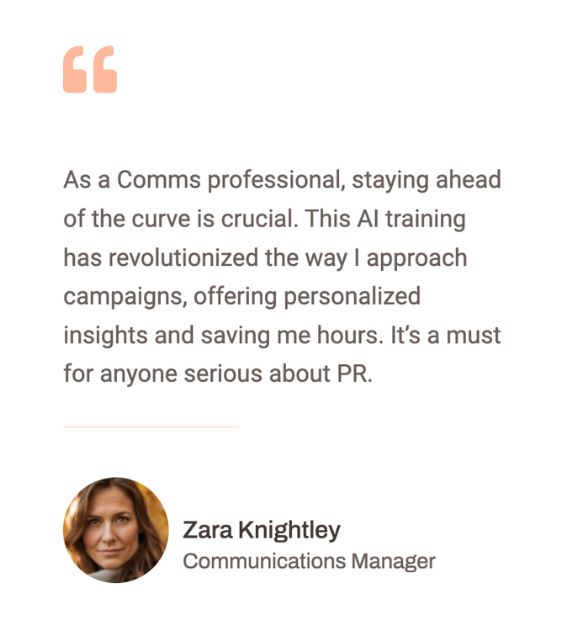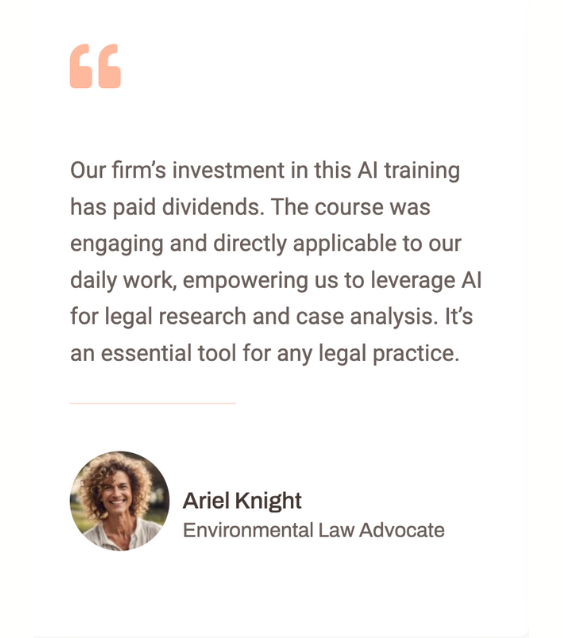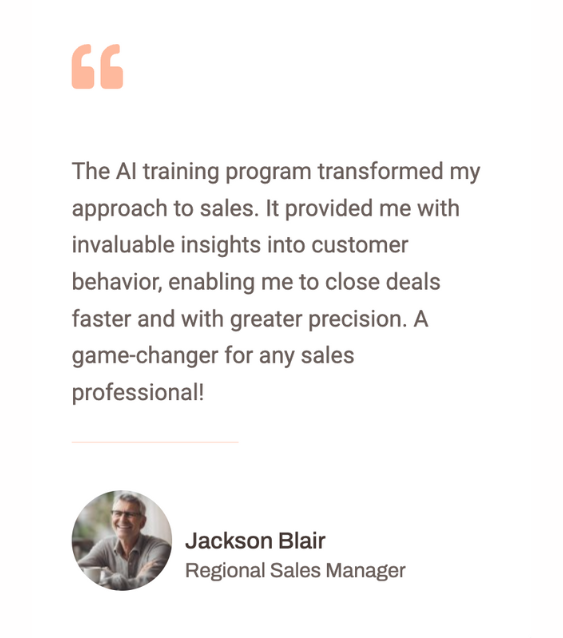Video Course: Niche Marketing & ChatGPT for Insurance Agents
Elevate your marketing skills with our course on niche marketing and AI tools like ChatGPT. Tailor strategies to resonate with specific small business clients, enhancing your impact and building meaningful connections.
Related Certification: Certification: Niche Marketing & ChatGPT Strategies for Insurance Agents
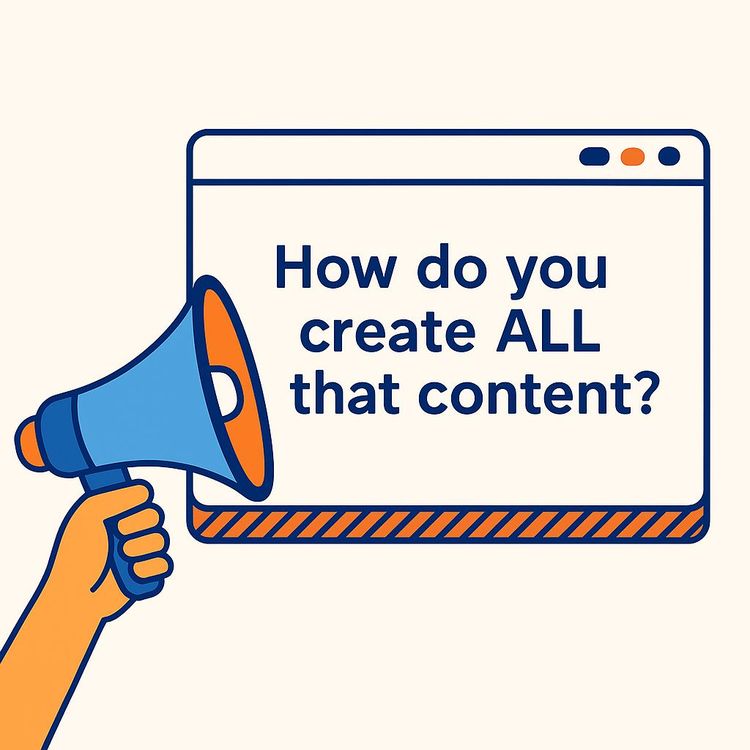
Also includes Access to All:
What You Will Learn
- Define your ideal small-business customer and build personas
- Create industry-specific messaging and niche marketing strategies
- Develop a content plan across blogs, social, reports, and webinars
- Use ChatGPT with the Prime, Prompt, Polish workflow to generate content
- Track content performance and refine your niche strategy
Study Guide
Introduction
Welcome to the 'Video Course: Niche Marketing & ChatGPT for Insurance Agents'. This course is designed to equip insurance agents with the skills and knowledge needed to harness the power of niche marketing and AI tools like ChatGPT to enhance their marketing efforts. By focusing on specific small business customers, agents can create more effective marketing strategies that resonate with their target audience. This course will guide you through defining your ideal customer, developing a niche marketing strategy, and leveraging AI to streamline content creation and strategy development. Let's dive into why this course is valuable and how it can transform your approach to marketing.
Defining Your Ideal Small Business Customer
Understanding your ideal small business customer is the cornerstone of effective marketing. It goes beyond basic demographics to include industry specifics, business history, challenges, and referral sources. To start, consider questions like:
"What business comes across your desk the most?"
"What industry do you find yourself buying the most?"
"Do you have measurable data from your quotes or binds categorized by industry?"
By answering these questions, you can create detailed customer personas that guide your marketing efforts. For instance, if you frequently work with tech startups, understanding their unique challenges and needs allows you to tailor your messaging and choose the right channels to reach them.
Practical application: Suppose your data indicates a high volume of clients in the health and wellness industry. You can then focus your marketing on platforms where these clients are active, such as LinkedIn or industry-specific forums. This targeted approach ensures you're reaching the right audience with the right message.
The Power of Niche Marketing
Niche marketing involves creating content and strategies around specific industries or interests. This approach doesn't mean you should focus solely on one industry but rather leverage your expertise and passion to connect with a particular audience. An example is an insurance agent passionate about food trucks who created a blog and attended food truck festivals, thereby becoming a recognized expert in that niche.
By focusing on a niche, you can develop content that resonates deeply with your audience, leading to stronger connections and increased trust. For example, if you enjoy working with eco-friendly businesses, you could create content around sustainable insurance practices, attend green industry events, and engage with eco-conscious communities online.
Key Elements of a Niche Marketing Strategy
Develop Industry-Specific Messaging
Creating tailored content that addresses the unique needs and pain points of your chosen niche is crucial. For instance, if your niche is small retail businesses, your messaging should focus on the specific risks and insurance solutions relevant to that sector.
Example: An insurance agent specializing in retail might develop a series of blog posts on common retail insurance claims and how to prevent them, providing valuable insights and positioning themselves as an expert in retail insurance.
Utilize Industry-Specific Channels
Identifying and engaging with platforms where your target audience spends their time is essential. For travel agents, this could mean partnering with travel agencies, participating in industry events, or engaging with travel-related publications and social media groups.
Example: An agent focusing on tech startups might join tech forums, contribute to tech blogs, and engage with tech-focused social media groups to build a presence where their audience is active.
Offer Industry-Specific Resources
Providing valuable, educational content relevant to your niche can demonstrate your expertise and the value of your insurance solutions. This could include guides, case studies, white papers, and webinars.
Example: An agent targeting the construction industry might offer a white paper on risk management strategies for construction projects, providing insights that showcase their knowledge and value.
Build Relationships with the Industry
Fostering connections through partnerships and sponsorships with relevant industry associations can increase visibility and position you as a trusted provider of insurance solutions.
Example: An agent focusing on the healthcare industry might partner with healthcare associations to sponsor events or provide educational seminars, building credibility and trust within the industry.
Leverage Referral Programs
Encouraging satisfied clients within your niche to refer others can be a powerful marketing tool. While digital marketing is essential, grassroots efforts like referral programs can still be highly effective.
Example: An agent specializing in real estate might offer incentives for current clients to refer colleagues, leveraging their satisfaction to expand their client base.
Provide Exceptional Customer Service
Exceptional customer service is a priority in any niche marketing strategy. It builds trust and loyalty, encouraging repeat business and referrals.
Example: An agent focusing on the hospitality industry might offer tailored support and quick response times to address the unique needs of hotel and restaurant clients, enhancing their reputation for excellent service.
Content Strategy Outline for Niche Marketing
A comprehensive content strategy should include a variety of formats to engage your audience effectively:
- Educational Blog Posts: Address common questions and concerns within your niche.
- Industry Reports: Provide valuable insights and data relevant to your audience.
- Testimonials and Downloadable Resources: Build trust with testimonials and offer practical advice through guides and infographics.
- Social Media Campaigns: Tailor campaigns to your audience's online habits for maximum engagement.
- Webinars and Workshops: Offer in-depth knowledge and demonstrate your expertise.
Leveraging ChatGPT (or AI) for Content Creation
AI tools like ChatGPT can serve as an "in-house marketing expert" to help create content efficiently. The key to effective AI use is the "three Ps":
Prime, Prompt, and Polish.
Prime
Train the AI by providing information about your agency, including your mission, values, writing style, and past content. This creates a personalized "persona" or expert that aligns with your brand.
Example: An agent could prime ChatGPT with their agency's focus on eco-friendly insurance solutions, ensuring the AI generates content that aligns with this theme.
Prompt
Ask specific and detailed questions to guide the AI's content generation. Clear and well-defined prompts lead to better results.
Example: An agent might prompt ChatGPT with, "Generate a blog post on the top 5 insurance considerations for tech startups," ensuring the content is relevant and targeted.
Polish
Review and edit the AI-generated content to ensure it aligns with your brand voice and is accurate. This step is crucial to avoid generic, ineffective, or off-brand materials.
Example: After generating content, an agent should refine the language and add specific examples to enhance the content's relevance and impact.
Pre-Content Creation Prompts
Before generating content, use AI to gain insights into your audience, niche trends, and competitor strategies. This information can inform your content strategy and ensure it resonates with your target audience.
Example: An agent might use AI to identify the latest trends in the fitness industry, ensuring their content is timely and relevant.
Content Creation Prompts
Use the primed AI to get recommendations for your content strategy, personalize marketing messages, develop a content calendar, and generate specific content pieces like blog posts, social media captions, and video scripts.
Example: An agent could prompt ChatGPT to generate a series of social media posts promoting a webinar on insurance solutions for startups, ensuring consistency and engagement across platforms.
Performance Tracking
Utilize AI to track the performance of your content and identify areas for improvement. This iterative process of creating, tracking, and refining your strategy is crucial for long-term success.
Example: An agent might use AI to analyze engagement metrics from a recent campaign, identifying successful elements and areas for enhancement.
Example Application: Travel Agents
The course uses the example of travel agents to illustrate these strategies. By focusing on travel-related content and partnerships, agents can effectively reach their target audience. A demonstration involved using Canva to quickly create a short video based on a script generated by AI, highlighting the efficiency gains.
Example: An agent specializing in travel might use AI to generate a script for a promotional video, then use Canva to create a visually appealing video that engages potential clients.
Small Business Saturday Assets
The course provides a Canva file containing templates for marketing assets related to Small Business Saturday. These customizable and co-brandable assets allow agents to support local small businesses effectively.
Example: An agent could use these templates to create promotional materials for a campaign supporting local retailers, enhancing their community presence and engagement.
Conclusion
By completing this course, you now have the knowledge and tools to implement niche marketing and leverage AI tools like ChatGPT to enhance your marketing efforts. Remember, the key to success lies in understanding your ideal customer, developing a targeted niche marketing strategy, and utilizing AI to streamline content creation and strategy development. With thoughtful application of these skills, you can effectively reach and engage your target audience, ultimately driving growth and success for your insurance agency.
Podcast
There'll soon be a podcast available for this course.
Frequently Asked Questions
Welcome to the FAQ section for the 'Video Course: Niche Marketing & ChatGPT for Insurance Agents'. This resource is designed to address common questions and provide insights into how insurance agents can effectively utilize niche marketing and AI tools like ChatGPT to enhance their business strategies. Whether you're new to niche marketing or looking to refine your approach, this FAQ aims to provide practical, clear, and actionable information.
Why is identifying an ideal small business customer so important for insurance agents?
Understanding your ideal small business customer allows you to focus your marketing efforts more effectively. By defining their demographics, business type, pain points, and where they spend their time online and offline, you can tailor your messaging and choose the right channels to reach them. This targeted approach is more efficient than broad marketing and increases the likelihood of attracting clients you can best serve and who are likely to be long-term and satisfied.
What are the key elements of a successful niche marketing strategy for insurance agents?
A successful niche marketing strategy involves several crucial components. Firstly, develop industry-specific messaging that directly addresses the unique needs and challenges of your chosen niche. Secondly, utilize industry-specific channels to reach your target audience where they are already active. Thirdly, offer industry-specific resources and valuable content that demonstrates your expertise and the value of your insurance solutions. Fourthly, build relationships within the industry through partnerships and sponsorships. Fifthly, leverage referral programs by encouraging satisfied clients to recommend your services. Finally, consistently provide exceptional customer service to build trust and loyalty within the niche.
How can creating content focused on a specific niche benefit an insurance agent's overall marketing efforts?
While not advocating for solely focusing on one industry, creating content around a specific niche you understand and enjoy can significantly enhance your marketing. It allows you to become a recognized expert in that area, attracting clients within that niche through targeted keywords and valuable information. This focused content can also be repurposed for various marketing channels, strengthening your overall brand presence and potentially attracting referrals from that industry to other areas of your business.
What types of content should an insurance agent consider creating for their niche market, and why?
A well-rounded content strategy for a niche market should include educational blog posts that address common questions and concerns, industry reports that provide valuable insights, testimonials from satisfied clients within that niche to build trust, downloadable resources like guides and infographics offering practical advice, engaging social media campaigns tailored to their online habits, and webinars or workshops that offer in-depth knowledge and demonstrate your expertise. This variety of content caters to different learning styles and provides value at various stages of the customer journey.
How can ChatGPT (or other AI tools) assist insurance agents in their niche marketing efforts?
AI tools like ChatGPT can be invaluable in streamlining and enhancing niche marketing. They can assist with audience insights research, identifying industry trends, analyzing competitors, recommending content strategy elements, personalizing marketing messages, and even generating initial drafts of various content types like blog posts, social media captions, and email templates. By priming the AI with information about your agency, target niche, and brand voice, you can obtain more relevant and less generic outputs, saving time and effort in content creation.
What are the "three Ps" (Prime, Prompt, Polish) in the context of using AI for marketing, and why are they important?
The "three Ps" – Prime, Prompt, and Polish – are crucial for effectively leveraging AI in marketing. "Priming" involves providing the AI with detailed information about your agency, your niche market, your brand voice, mission, and values. This foundational step equips the AI with the necessary context to generate relevant content. "Prompting" refers to the specific instructions and questions you give the AI to generate content or insights. Clear and well-defined prompts lead to better results. "Polishing" is the essential final step where you review, edit, and refine the AI-generated content to ensure it aligns with your brand, is factually accurate, and resonates with your target audience. Neglecting any of these steps can lead to generic, ineffective, or off-brand marketing materials.
Is a paid version of ChatGPT necessary for effective marketing, or can the free version suffice for insurance agents targeting a niche?
While effective marketing assistance can be achieved with the free version of ChatGPT, the paid version offers advantages. These include the ability to handle more prompts, potentially faster response times (avoiding wait times during peak usage), and the capability to create and maintain multiple "personas" or pre-primed AI instances tailored for specific marketing tasks (e.g., SEO expert, email marketing specialist). The paid version can offer greater efficiency and flexibility, but the core functionalities for content generation and idea brainstorming are available in the free version.
After implementing a niche marketing strategy and creating content with the help of AI, how should an insurance agent track its performance and make improvements?
Performance tracking is essential to understand the effectiveness of your niche marketing efforts. This can involve monitoring website analytics (e.g., blog post views, traffic from specific sources), social media engagement (e.g., likes, shares, comments), email marketing metrics (e.g., open rates, click-through rates), and ultimately, tracking the number of leads and new clients acquired from your target niche. You can also revisit your primed AI and ask it to analyze the performance data you've gathered. Based on these insights, you can identify what's working well and what needs improvement. This iterative process of creating, tracking, and refining your strategy is crucial for long-term success in niche marketing.
What is the initial crucial step in niche marketing discussed in the material, and why is it important?
The initial crucial step is identifying your ideal small business customer. This is important because it allows you to focus your marketing efforts and create targeted messaging that resonates with those most likely to become your best clients.
Besides demographic information, what other aspects should an insurance agent consider when defining their ideal small business customer?
Beyond demographics, an agent should consider what business comes across their desk the most and what industry they are binding the most. Additionally, understanding where their most successful and happiest customers come from can help refine their ideal customer profile.
According to the video course, what are three key components of a successful niche marketing strategy?
Three key components are developing industry-specific messaging, utilizing industry-specific channels to reach the target audience, and offering industry-specific resources and educational content.
The material outlines several types of content for a content strategy. Name three examples provided in the video course.
Three examples of content include educational blog posts, industry reports, testimonials and downloads (like one-pagers and infographics), and social media campaigns.
What are the "three Ps" mentioned in the context of using ChatGPT for content creation, and why are they significant?
The three Ps are Prime, Prompt, and Polish. They are significant because they represent the necessary steps to get high-quality, non-generic content from AI: first, establish the AI's understanding of your business; second, provide clear and detailed instructions; and third, refine the AI's output to match your brand voice and objectives.
Explain the concept of "priming" an AI like ChatGPT, and why is it beneficial for insurance agents seeking marketing assistance?
"Priming" an AI involves providing it with background information about your insurance agency, your mission, values, target niche, and even writing samples. This is beneficial as it allows the AI to understand your brand and voice, leading to more relevant and less generic content that requires less editing.
What kind of audience insights can an insurance agent seek from a well-primed AI before creating content for their niche market?
An agent can seek insights into their niche market's interests, pain points, and preferences. They could also ask about trends within that specific industry and potentially even data on their insurance needs or perceptions.
Beyond suggesting content topics, what are two other ways an AI like ChatGPT can assist in the content creation process for niche marketing?
Besides suggesting content topics, an AI can assist by providing keyword recommendations for SEO, helping to personalize the messaging for the target audience, and even drafting the content itself, such as blog posts or social media captions.
What is the significance of performance tracking in a niche marketing strategy that utilizes AI for content creation?
Performance tracking is significant because it allows agents to understand what content and strategies are working best within their niche market. This data enables them to refine their approach, improve future content, and ensure their marketing efforts are yielding positive results.
How can insurance agents leverage platforms like Canva in conjunction with AI-generated content for their niche marketing efforts?
Insurance agents can use Canva to visually bring their AI-generated content to life. They can create graphics, videos, and other engaging visuals for social media, blog posts, and downloadable resources, enhancing the impact and professionalism of their niche marketing materials.
Discuss the importance of clearly defining a niche market for insurance agents and elaborate on the benefits of tailoring marketing strategies to a specific audience.
Clearly defining a niche market allows insurance agents to focus their efforts on a specific segment, making their marketing more efficient and effective. By understanding the unique needs and preferences of this audience, agents can tailor their messaging and services to better meet their clients' expectations, leading to increased satisfaction and loyalty.
Explain how insurance agents can effectively integrate AI tools like ChatGPT into their niche marketing efforts.
Insurance agents can integrate AI tools by first priming the AI with detailed information about their agency and target niche. Once primed, they can use AI to generate content ideas, draft materials, and even analyze market trends. This process streamlines content creation and ensures that marketing efforts are aligned with business goals.
Analyze the relationship between content creation and audience engagement in niche marketing. How can insurance agents develop a content strategy that effectively resonates with their chosen niche?
Content creation is integral to audience engagement as it provides value and establishes expertise. Insurance agents should focus on creating content that addresses the specific concerns and interests of their niche audience. By using a mix of educational, entertaining, and informative content, agents can foster a deeper connection with their audience, encouraging interaction and loyalty.
Evaluate the role of both digital and "grassroots" marketing strategies in reaching a niche audience for insurance services.
Digital marketing offers broad reach and precise targeting, while grassroots strategies build local community connections. A balanced approach leverages the strengths of both, using digital channels for widespread visibility and grassroots efforts for personalized, trust-building interactions. This combination maximizes reach and engagement within the niche.
Considering the rapid advancements in AI technology, discuss the potential future impact of AI on niche marketing strategies for insurance agents.
AI's evolution will likely enhance personalization and efficiency in niche marketing. Agents can expect more sophisticated audience insights, predictive analytics, and automated content creation. Staying informed about AI developments and adopting new tools will be key for agents to maintain a competitive edge and adapt to changing consumer behaviors.
What are some common challenges insurance agents face in niche marketing, and how can they overcome them?
Challenges include identifying the right niche, creating relevant content, and maintaining engagement. Agents can overcome these by conducting thorough market research, leveraging AI for content ideas and personalization, and consistently engaging with their audience through multiple channels to build trust and loyalty.
How can insurance agents measure the success of their niche marketing strategies?
Success can be measured through metrics such as lead generation, conversion rates, client retention, and engagement levels. By analyzing website traffic, social media interactions, and customer feedback, agents can gauge the effectiveness of their strategies and make informed adjustments to improve outcomes.
Why is brand consistency important in niche marketing, and how can it be maintained?
Brand consistency builds trust and recognition within a niche market. It can be maintained by ensuring all marketing materials, from content to visuals, align with the brand's voice, values, and messaging. Regularly reviewing and updating brand guidelines can help maintain this consistency across all channels.
What role does SEO play in niche marketing for insurance agents?
SEO enhances visibility and attracts targeted traffic to an agent's content. By optimizing for niche-specific keywords and creating valuable content, agents can improve their search engine rankings, making it easier for potential clients within the niche to discover their services and expertise.
How can insurance agents adapt their niche marketing strategies to changing market conditions?
Agents should stay informed about industry trends and consumer behavior shifts. Regularly reviewing market data, engaging with clients for feedback, and being flexible in their approach will allow agents to adapt their strategies, ensuring they remain relevant and effective in meeting their niche market's evolving needs.
How can insurance agents effectively leverage social media for niche marketing?
Social media offers a platform for direct engagement and brand storytelling. Agents should identify the platforms their niche audience frequents and create tailored content that resonates with them. Consistent posting, active engagement, and leveraging analytics to refine strategies can enhance social media's impact in niche marketing.
What is the value of customer feedback in refining niche marketing strategies?
Customer feedback provides insights into client satisfaction and areas for improvement. By actively seeking and analyzing feedback, agents can refine their offerings, address client concerns, and enhance their marketing strategies to better align with the needs and expectations of their niche audience.
Certification
About the Certification
Show you know how to use AI to refine your insurance marketing. Master niche strategies with ChatGPT and earn recognition for advanced skills that set you apart in a rapidly evolving industry.
Official Certification
Upon successful completion of the "Certification: Niche Marketing & ChatGPT Strategies for Insurance Agents", you will receive a verifiable digital certificate. This certificate demonstrates your expertise in the subject matter covered in this course.
Benefits of Certification
- Enhance your professional credibility and stand out in the job market.
- Validate your skills and knowledge in cutting-edge AI technologies.
- Unlock new career opportunities in the rapidly growing AI field.
- Share your achievement on your resume, LinkedIn, and other professional platforms.
How to complete your certification successfully?
To earn your certification, you’ll need to complete all video lessons, study the guide carefully, and review the FAQ. After that, you’ll be prepared to pass the certification requirements.
Join 20,000+ Professionals, Using AI to transform their Careers
Join professionals who didn’t just adapt, they thrived. You can too, with AI training designed for your job.

